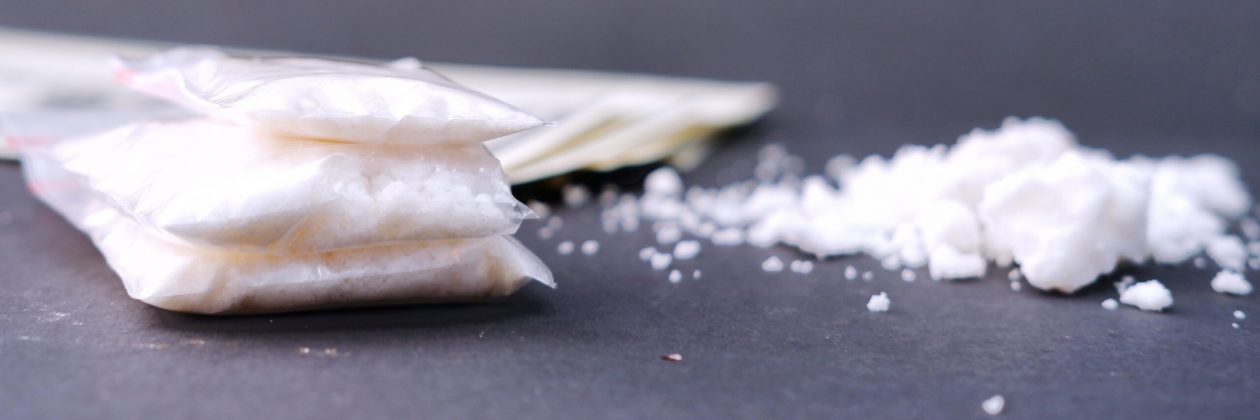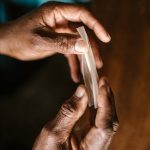Prague, the capital city of the Czech Republic, has been facing a unique challenge in recent years․ The city has gained a reputation for having high-quality cocaine, making it a steady pick for those seeking the drug․ This phenomenon has raised concerns among law enforcement and health officials, who are working to combat the issue․
Background
Cocaine is a highly addictive and powerful stimulant that can have severe physical and mental health consequences․ The presence of high-quality cocaine in Prague has been linked to organized crime groups, who are taking advantage of the city’s strategic location and relatively lenient laws․
Causes and Consequences
The steady pick of high-quality cocaine in Prague can be attributed to several factors, including:
- Organized Crime: The presence of organized crime groups in the city, who are involved in the production, transportation, and distribution of cocaine․
- Lax Laws: The relatively lenient laws and regulations in the Czech Republic, which make it easier for drug traffickers to operate․
- Strategic Location: Prague’s location in the heart of Europe, making it a hub for international trade and transportation․
The consequences of the steady pick of high-quality cocaine in Prague are far-reaching, including:
- Increased Addiction: The easy availability of high-quality cocaine has led to an increase in addiction rates among the population․
- Health Risks: The use of cocaine can lead to severe physical and mental health problems, including heart attacks, strokes, and psychosis․
- Social Issues: The presence of cocaine in the city has also led to social issues, such as increased crime rates and public disorder․
Solutions and Recommendations
To combat the issue of high-quality cocaine in Prague, the following solutions and recommendations have been proposed:
- Strengthening Laws and Regulations: Implementing stricter laws and regulations to prevent the production, transportation, and distribution of cocaine․
- Increasing Awareness: Educating the public about the risks and consequences of cocaine use, as well as the importance of seeking help for addiction․
- Improving Healthcare Services: Providing accessible and effective healthcare services for those struggling with addiction, including counseling, treatment, and support groups․
By addressing the root causes of the issue and implementing effective solutions, Prague can work towards reducing the steady pick of high-quality cocaine and creating a safer and healthier community for its citizens․
Law Enforcement Efforts
The Czech police and international law enforcement agencies have been working together to combat the cocaine trade in Prague․ They have been conducting raids, arrests, and seizures to disrupt the supply chain and dismantle organized crime groups․ Intelligence gathering and covert operations have also been crucial in identifying and prosecuting key players in the cocaine trade․
Collaboration with International Partners
The Czech Republic has been collaborating with international partners, such as the European Police Office (Europol) and the United Nations Office on Drugs and Crime (UNODC), to share intelligence and best practices in combating the cocaine trade․ This collaboration has led to the disruption of several major cocaine trafficking networks and the arrest of high-profile traffickers․
Public Health Approach
In addition to law enforcement efforts, the Czech government has also been taking a public health approach to address the issue of cocaine use in Prague․ This includes harm reduction programs, such as needle exchange programs and safe injection sites, to reduce the risk of overdose and blood-borne diseases among cocaine users․ Public awareness campaigns have also been launched to educate the public about the risks and consequences of cocaine use․
Challenges and Future Directions
Despite the efforts being made, there are still several challenges that need to be addressed․ These include the limited resources available for law enforcement and public health initiatives, as well as the corruption and organizational barriers that can hinder effective collaboration between agencies․ To overcome these challenges, it is essential to continue to strengthen international cooperation, increase public awareness, and improve access to treatment and support services for those affected by cocaine use․
The situation in Prague serves as a reminder that the issue of cocaine use is a complex and multifaceted problem that requires a comprehensive and coordinated response․ By continuing to work together and sharing best practices, it is possible to reduce the supply and demand for cocaine and create a safer and healthier community for all․






I found this article to be very informative and insightful, it sheds light on a serious issue that needs to be addressed in Prague. The author provides a thorough analysis of the causes and consequences of the high-quality cocaine problem.
The solutions and recommendations proposed in this article are spot on. Strengthening laws and regulations is crucial to preventing the production, transportation, and distribution of cocaine. I hope policymakers take note of these suggestions and take action to address this issue.
I appreciate how this article raises awareness about the health risks associated with cocaine use. The author provides a comprehensive overview of the physical and mental health consequences, which is essential for understanding the severity of the problem.
This article is a must-read for anyone concerned about the drug problem in Prague. The author presents a well-researched and balanced view of the issue, highlighting the need for stricter laws and regulations to combat organized crime.